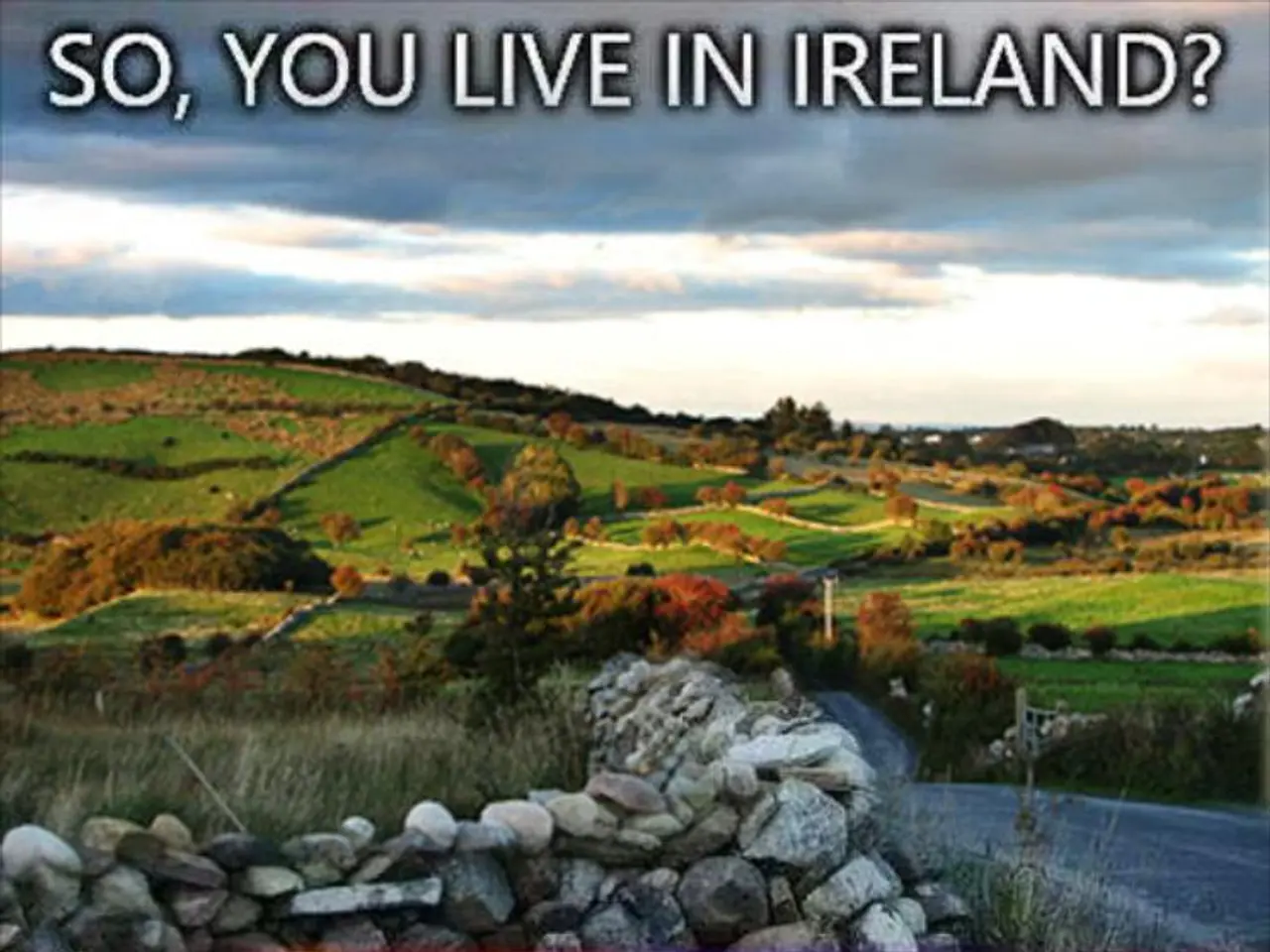Fiery wildfires in the Iberian Peninsula fueled by climate change, according to recent research study
In a stark reminder of the impact of human-induced climate change, a recent 10-day heatwave in Spain was 200 times more likely and 3°C hotter than would have been expected without climate change, according to a study by World Weather Attribution. This heatwave, along with similar conditions in Portugal, has contributed to the worst wildfire season on record in Europe.
The increased length of the wildfire season is primarily due to heat and dry conditions, making the landscape more prone to fires of unprecedented intensity. Clair Barnes, a climate expert, noted, "Hotter, drier, and more flammable conditions are becoming more severe with climate change."
The study concluded that fire-prone conditions in the Iberian Peninsula have been made 40 times more likely by climate change. The fires in the region were fueled by exceptionally warm and dry conditions brought by a prolonged heatwave.
Since 1975, only six out of 77 heatwaves have had an anomaly of 4°C or more, five of which occurred since 2019. This trend is expected to continue, with every fraction of a degree of warming leading to more intense and long-lasting heatwaves, increasing the chance of huge wildfires like those that burned vast areas of the Iberian Peninsula.
The European wildfire season of 2021 has seen nearly one million hectares burned across the European Union. In Portugal, fires spread across more than 260,000 hectares, almost 3% of its landmass and close to three times the country's annual average. Meanwhile, more than 380,000 hectares have burned across Spain, nearly five times the annual average.
The land area burned is almost equivalent to Kosovo. The wildfire emissions in Europe this year are more than triple compared to the same period in 2020, generating 39.4 million tonnes of CO2 emissions so far.
Climate change has also increased the wildfire season by roughly two weeks on average. The heatwave in Spain lasted 16 days, bringing temperatures 4.6°C higher than the historical long-term average.
As the fight against climate change continues, it is crucial to address the increased risk of wildfires and their devastating consequences. The data is clear: human-caused climate change is making these events more frequent and severe.
Read also:
- Peptide YY (PYY): Exploring its Role in Appetite Suppression, Intestinal Health, and Cognitive Links
- Toddler Health: Rotavirus Signs, Origins, and Potential Complications
- Digestive issues and heart discomfort: Root causes and associated health conditions
- House Infernos: Deadly Hazards Surpassing the Flames








